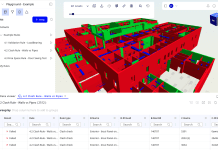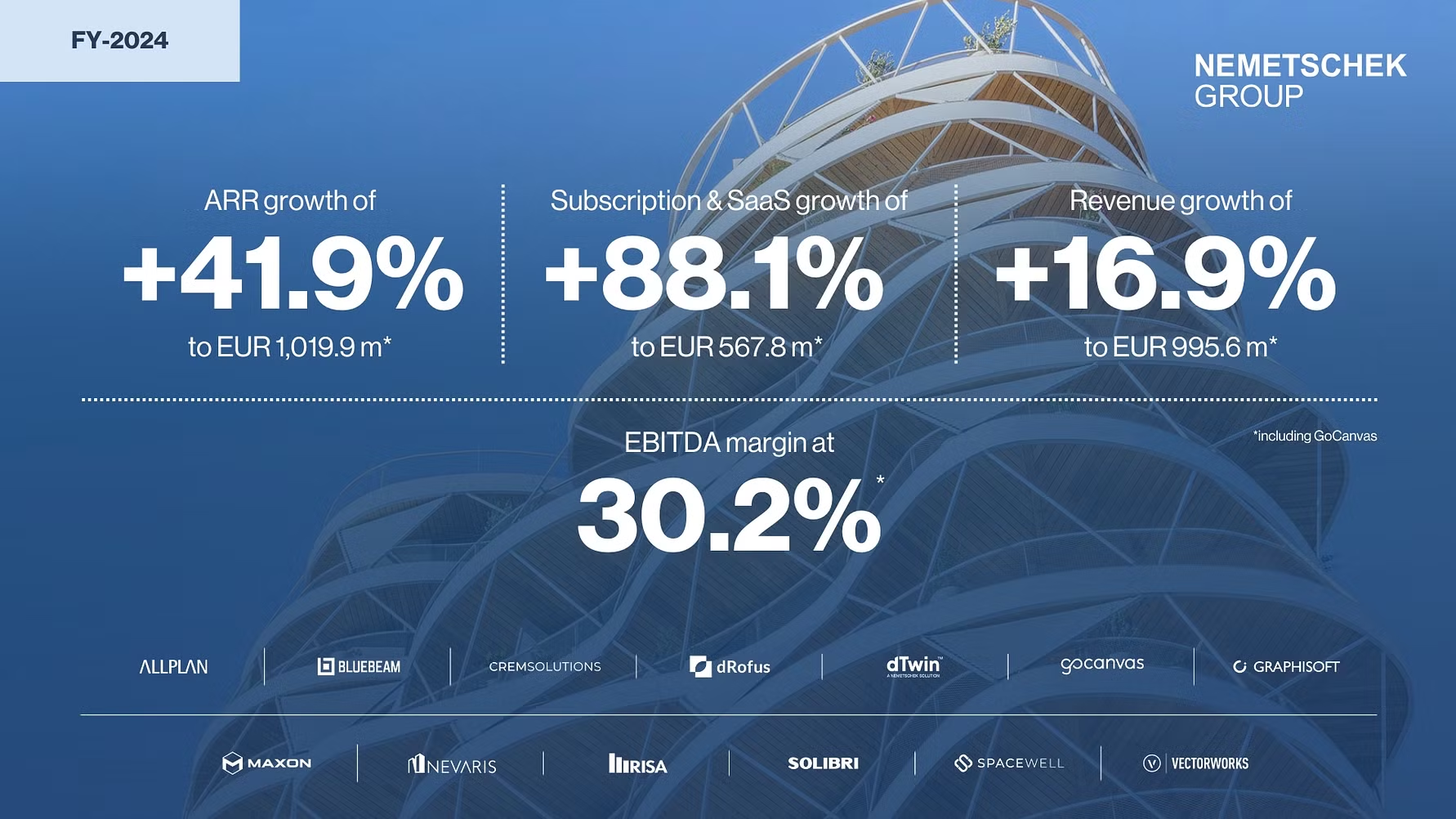Advances in software and hardware go hand-in-hand with evolution of the architecture, engineering and construction (AEC) industry, but how could blockchain technology facilitate digital transformation within the sector?
National plans aiming to promote the digital transformation of the AEC industry focus mainly on adopting building information modeling (BIM), a digital tool to facilitate project management by providing a platform for sharing information, identifying problems and collaborating on joint solutions.
The innovative creation of the blockchain technology, or more generally, the Distributed Ledger Technology (DLT) offers new possibilities, promising to ensure that data is secure, decentralised and unchallengeable. Today, DLT and smart contracts are driving the development of business models in industries that rely heavily on financial transactions and the exchange of information. If successful they will profoundly change not only services and products, but also the way work is structured. Research about the application of DLTs in the AEC industry has barely started.

The AEC industry
No direct mention of blockchain technology is currently found in AEC industry reports. Reports generally take a careful stance towards technology as a tool.
Digital transformation has meant that so far many firms have simply replaced ink pens and slide rulers with computers and CAD software.
AEC industry reports identify a lack of education both at the firm level and at the workforce level. Some companies do not have the knowledge on how to incorporate BIM into their development plans, whilst it is often likely that clients don’t request the use of BIM.
AEC and Blockchain
AEC industry reports available by mid-2017 don’t mention the blockchain as a technology to watch out for. Industry blogs identify that most critics admit that as much as they like the idea of transforming the AEC industry into a peer-to-peer system profiting from the distributed ledger technology of the blockchain, they don’t consider the AEC industry ready for blockchain technology.
What insiders to the AEC industry get excited about when imagining blockchain developments are the chances to decrease the administrative costs that come with digitalisation, particularly the protection or licensing of Intellectual Property Rights (IPR).
Building reputation on the blockchain is another potential application. Previous examples have shown that one single firm rarely determines the quality of a building. It is the collaboration of companies along the entire supply chain that makes a difference.
Building performance was previously hard to compare and even harder to link to architects, engineers, builders and materials supplies. The discussion about green building standards is one example. Armed with sensors, a smart building component can send information about its performance to a distributed database, rather than directly to the manufacturer. Via Smart Contracts, such components can be programmed to initiate maintenance and repair routines autonomously, preventing dangerous deterioration.
Lifecycle analyses of individual buildings could be compared taking patterns of spatial layout, building equipment, occupant behaviour, operation, cost, energy and raw material consumption into account, and serve as a basis for better training programmes.
Currently, the industry is opposed to sharing more information than necessary, for fear of legal consequences in case of low performance. However, it is thought the objective should be to provide accurate quantitative information as a basis for continuous learning and improvement.
Experts on blockchain applications see challenges particularly in the capabilities of the industry to cooperate and organise work processes. Those are the same challenges pointed out by sector reports. The blockchain is no quick solution. It is a technology tool that programs organisational culture.
Blockchain’s potential impact on the AEC industry could be ground-breaking, but is the community ready to embrace the change?














